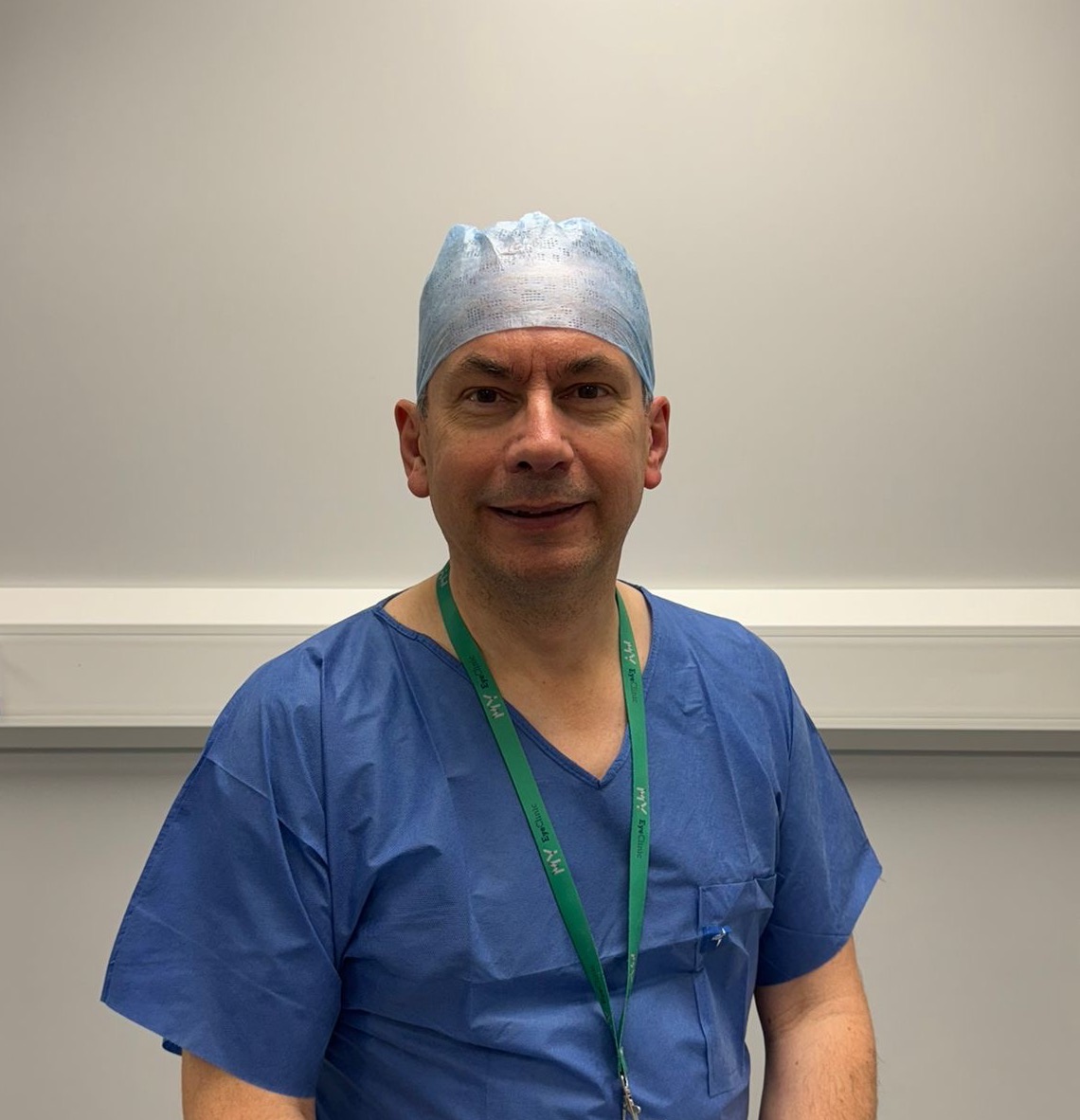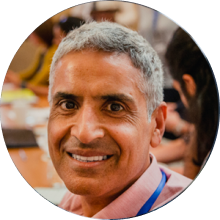Frequently asked questions about cataracts
Find clarity on cataracts with answers to your cataract questions
Cataracts are the leading cause of vision impairment among the elderly, affecting approximately 65% of all people over age 60.
It appears that cataracts are slightly more common in women. A significant number of cases occur in females, indicating a gender disparity in occurrence.
By 2050, it is projected that the number of cataract cases in the UK will nearly double from past numbers. This highlights an urgent health issue.
This condition significantly impacts quality of life by diminishing visual acuity, which can hinder daily activities and increase the risk of falls and accidents.
With an ageing global population, the prevalence of cataracts is expected to increase, emphasising the need for effective management and treatment strategies.
Cataracts develop when the lens of the eye, which is normally clear, becomes clouded.
This cloudiness can result from a variety of causes including:
- Ageing
- Ultraviolet radiation exposure
- Diabetes
- Smoking and
- Prolonged use of certain medications such as corticosteroids.
Genetic factors also play a role, as do certain metabolic diseases.
Injuries to the eye can accelerate cataract formation as well.
Essentially, any factor that alters the structure of the lens proteins can lead to the development of a cataract.
Diagnosing cataracts involves a thorough eye examination by an eye care professional.
This includes a visual acuity test to see how well you can read a series of letters, and a dilated eye exam where drops are placed in your eyes to widen the pupils.
This allows the doctor to examine the retina and the lens for signs of cataract and assess the extent of the cloudiness.
Treatment for cataracts is surgical, where the clouded lens is replaced with an artificial lens called an intraocular lens (IOL).
There are several types of IOLs tailored to meet different vision needs:
- Monofocal lenses, which correct vision at one distance, are commonly used for distance vision.
- Multifocal lenses allow for clear vision at multiple distances, facilitating a decrease in dependence on glasses.
- Toric lenses correct astigmatism along with cataracts.
The choice of lens depends on the patient’s lifestyle and specific vision requirements.
What are cataracts?
Cataracts are a condition where the lens of your eye becomes cloudy, leading to a decrease in vision. It is a common condition that primarily affects the elderly.
How do I know if I have cataracts?
Common symptoms include blurry vision, difficulty seeing at night, seeing halos around lights, and colours appearing faded. If you experience these symptoms, it’s advised to see an eye care professional.
Can cataracts be prevented?
While there’s no surefire way to prevent cataracts, reducing exposure to ultraviolet light, avoiding smoking, and managing health conditions like diabetes can help reduce risk.
What happens during cataract surgery?
Cataract surgery involves removing the clouded lens and replacing it with a clear artificial lens. It is a safe and effective procedure typically done on an outpatient basis.
Are there alternatives to surgery for cataracts?
Currently, the only effective treatment for cataracts is surgery. No medications or eye drops have been proven to improve vision in patients with cataracts.
Discover clear vision in 3 easy steps
Cataract treatment options can be confusing. We’ve made the journey as straightforward as can be

Step 1: Get in touch
It all begins with reaching out. Call us at 0191 917 8887 or book an appointment online to schedule your free video appointment. This is your first step toward learning about your eye health and finding out what’s best for your vision.

Step 2: We'll meet
During your assessment, our team will carefully check your eyes to see how much your cataracts are affecting your vision. We’ll talk about your goals and explain the surgery process, including different types of lenses you can choose from to match your lifestyle. By the end, you’ll understand how surgery can make your vision and life better.

Step 3: Regain your freedom
After surgery, you’ll be amazed at how much clearer and brighter everything looks. You’ll be able to read small print, enjoy vibrant colours, and see all the little details in the world around you. Many of our patients say they’re thrilled with how much easier it is to enjoy daily activities and hobbies without cataracts holding them back.
Join thousands who’ve gained freedom from glasses and contacts
Discover how they ditched their dependence and see how you can, too
We have replaced the images of real patients who provided these testimonials to protect their privacy.

Hi, I’m Rob Boyce
After training as an engineer and research scientist, I pursued medicine at Nottingham University, followed by advanced ophthalmology training. With over 20 years as a Consultant Ophthalmologist specialising in Oculoplastic and Lacrimal Surgery, I’m committed to delivering the highest quality care at MY Eye Clinic, using cutting-edge techniques and patient-centred care.
Mr Rob Boyce
Founder and Owner of MY Eye Clinic









